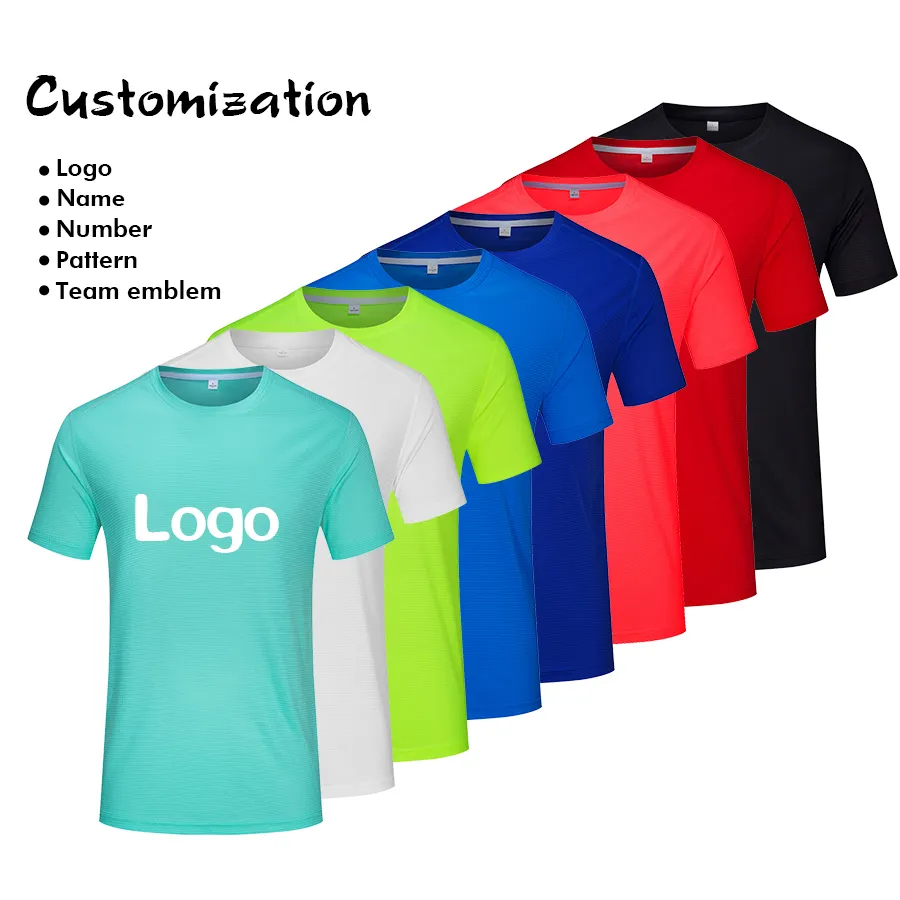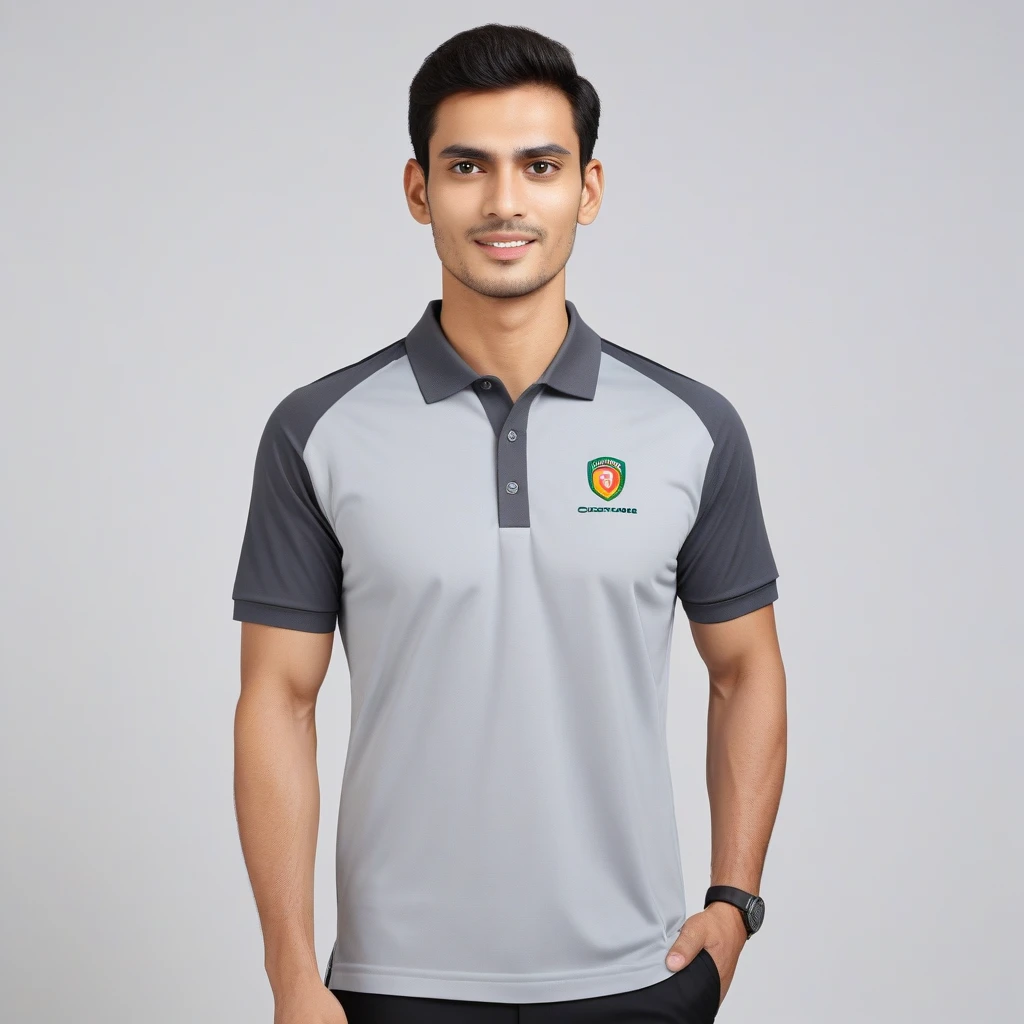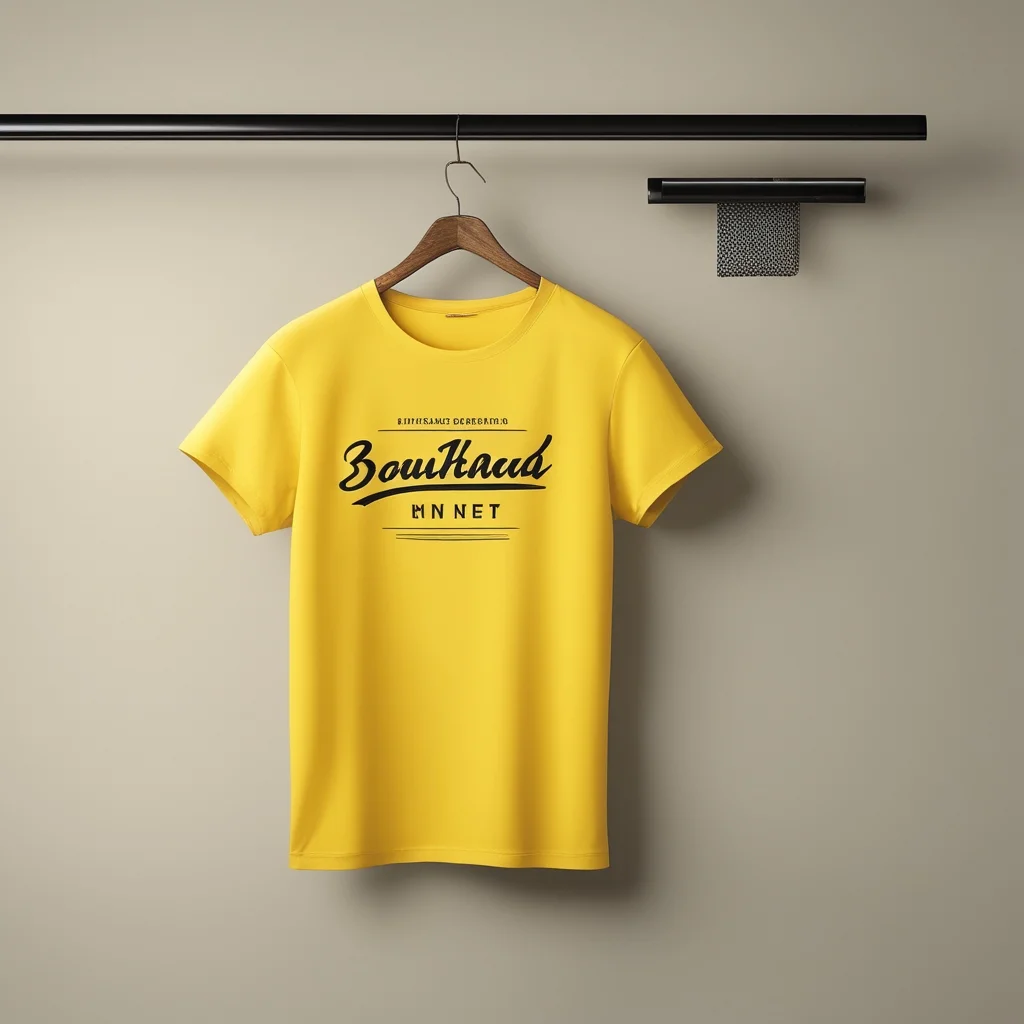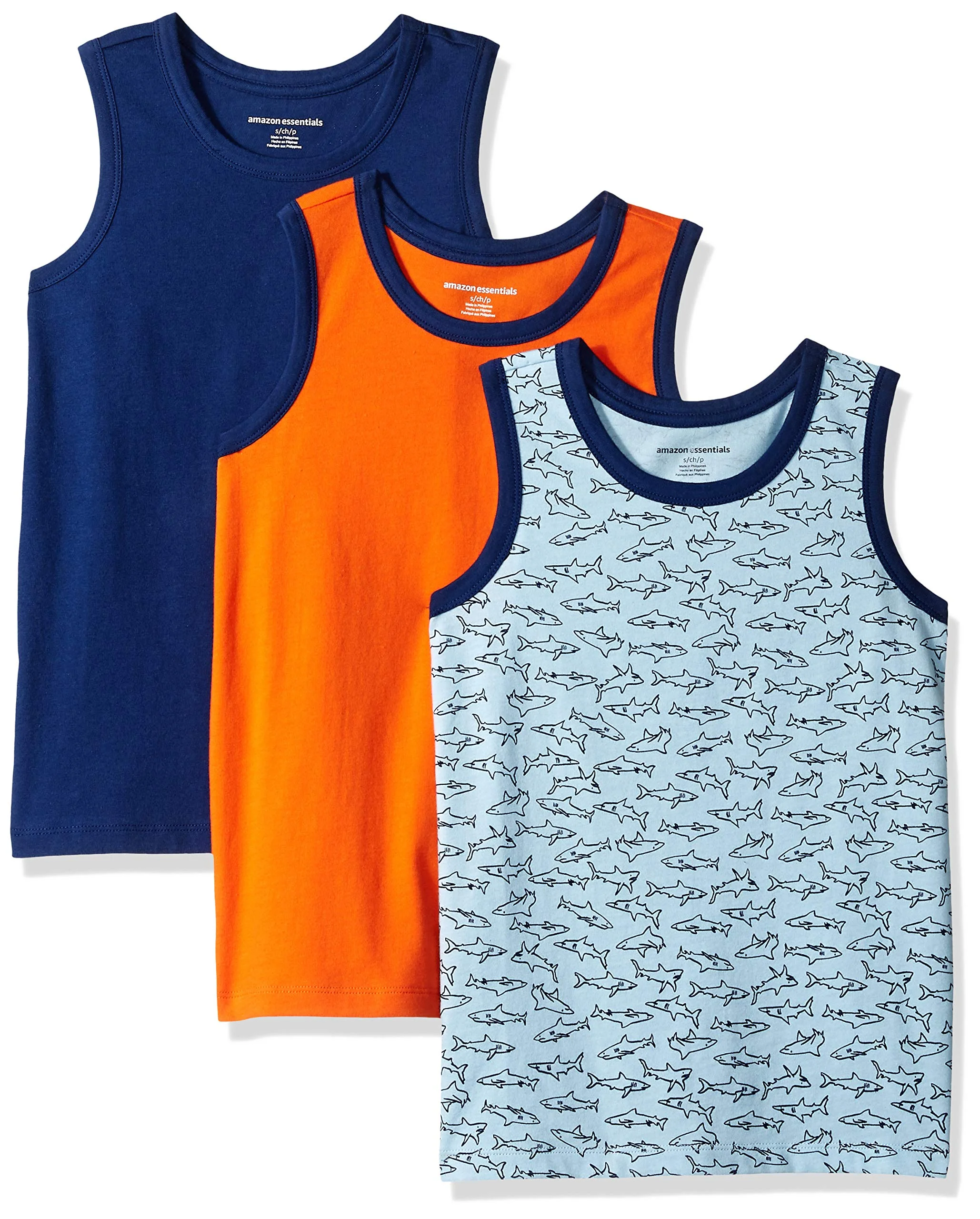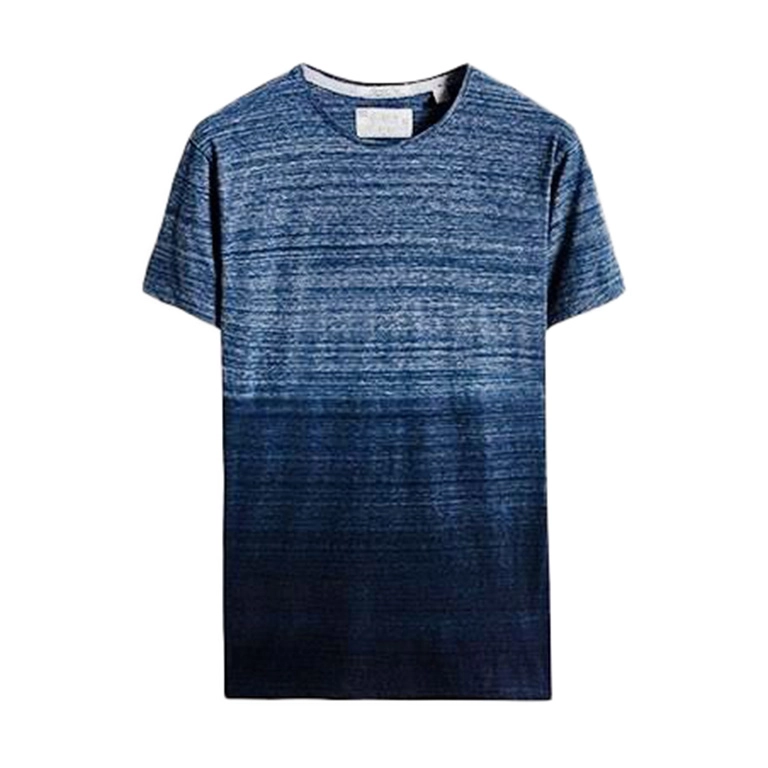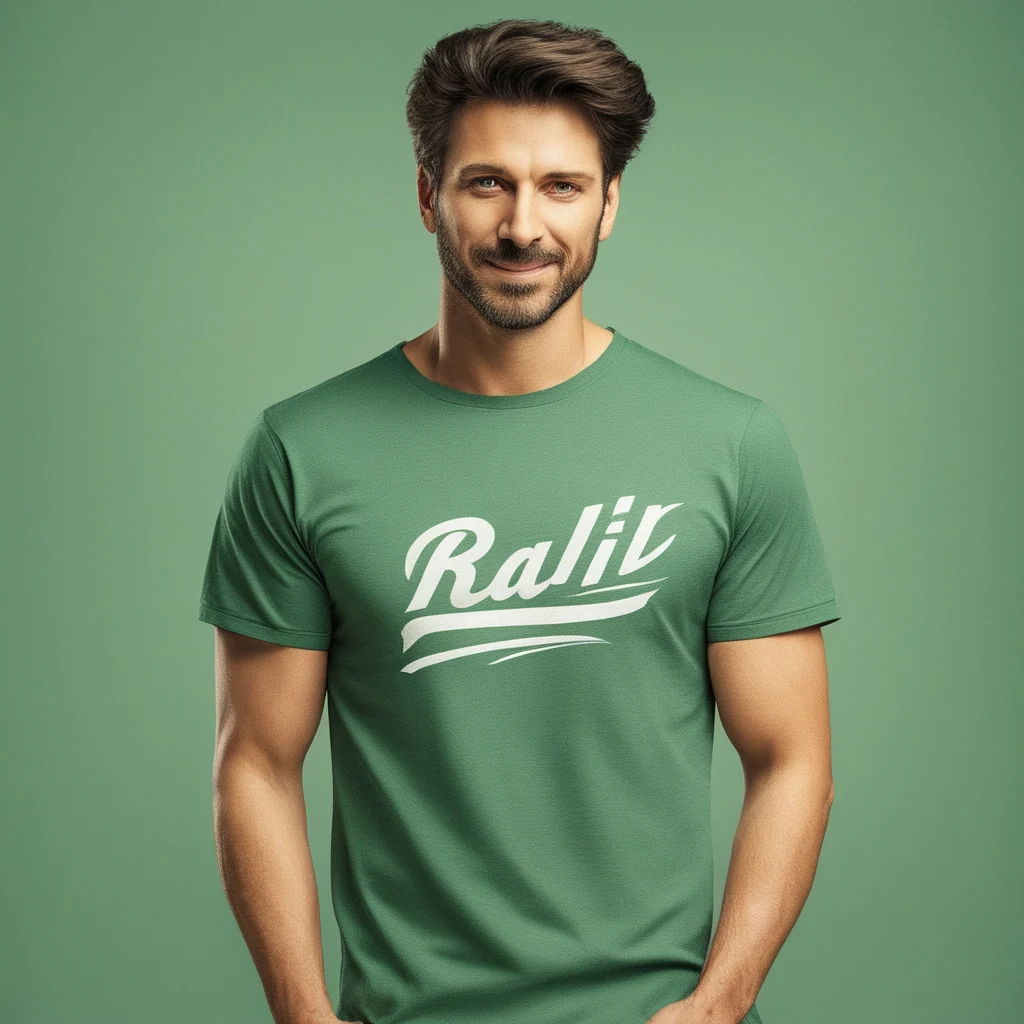The Netherlands’ T-Shirt Market and Imports from Bangladesh
The Netherlands, renowned for its fashion-forward culture and thriving retail industry, has emerged as a significant player in the global T-shirt market. To meet the growing demand for affordable and trendy apparel, the Netherlands has turned to Bangladesh, a leading exporter of T-shirts worldwide. This article explores the dynamics of the Netherlands’ T-shirt imports from Bangladesh and delves into the factors driving this trade relationship. Additionally, it examines the challenges faced by Bangladesh’s T-shirt manufacturing sector, the role of sustainability and ethical practices in the Netherlands’ imports, and the potential for collaboration and improvement between the two countries. Finally, it offers insights into the future outlook of the Netherlands’ imports of T-shirts from Bangladesh, including emerging trends and forecasts.
1.1 The significance of T-Shirt imports in the Netherlands
T-Shirts are a staple in the wardrobes of many people in the Netherlands. As a fashion-conscious nation, the Dutch have a strong demand for trendy and affordable clothing options. This has made T-Shirt imports a significant part of the Netherlands’ fashion market.
1.2 Overview of the Bangladesh-Netherlands trade relationship
Bangladesh has emerged as a key player in supplying T-Shirts to the Netherlands. The trade relationship between the two countries has strengthened over the years, with Bangladesh becoming one of the largest exporters of T-Shirts to the Dutch market. This partnership has been mutually beneficial, contributing to economic growth and job creation in both countries.
2. Overview of Bangladesh’s T-Shirt Industry
2.1 Growth and scale of Bangladesh’s T-Shirt manufacturing sector
Bangladesh’s T-Shirt manufacturing sector has experienced remarkable growth in recent years. The country has become a global hub for garment production, including T-Shirts. The industry’s expansion can be attributed to factors such as competitive labor costs and favorable trade agreements.
2.2 Employment and economic impact of the industry
The T-Shirt industry in Bangladesh plays a significant role in generating employment opportunities. It provides jobs for millions of workers, contributing to poverty alleviation and social development. The economic impact of the industry extends beyond the factory walls, as it supports various ancillary businesses and stimulates local economies.
2.3 Major players and production capacity in Bangladesh
Bangladesh boasts a diverse range of T-Shirt manufacturers, both large-scale and small-scale. These companies have invested in state-of-the-art production facilities, enabling them to meet the high demand for T-Shirts from international markets. With their advanced production capacity and adherence to international quality standards, Bangladesh’s manufacturers have gained a reputation for delivering products of superior quality.
3. Factors Driving the Netherlands’ Imports of T-Shirts from Bangladesh
3.1 Cost competitiveness of Bangladesh’s T-Shirts
One of the primary factors driving the Netherlands’ imports of T-Shirts from Bangladesh is the cost competitiveness of the products. Bangladesh offers a highly competitive manufacturing environment, allowing companies to produce T-Shirts at lower costs compared to other countries. This affordability enables retailers in the Netherlands to provide customers with reasonably priced clothing options.
3.2 Availability of a wide range of designs and styles
Bangladesh’s T-Shirt manufacturers understand the importance of staying on top of fashion trends. They constantly innovate and offer a wide range of designs and styles to cater to the diverse preferences of the Dutch market. This flexibility in design options makes Bangladesh an attractive sourcing destination for T-Shirts.
3.3 Quality and reliability of Bangladesh’s T-Shirt manufacturers
The Netherlands values quality and reliability when it comes to imported goods, and Bangladesh’s T-Shirt manufacturers have risen to the challenge. They have implemented stringent quality control measures and invested in modern machinery to ensure the production of high-quality T-Shirts. This commitment to quality has earned the trust of retailers and consumers in the Netherlands.
4. Challenges and Concerns in Bangladesh’s T-Shirt Manufacturing Sector
4.1 Working conditions and labor rights in Bangladesh factories
While Bangladesh’s T-Shirt manufacturing sector has experienced significant growth, there are concerns regarding working conditions and labor rights. Efforts are being made to address these challenges and improve the welfare of workers, such as enhancing workplace safety and promoting fair wages.
4.2 Environmental sustainability and waste management practices
As the T-Shirt industry grows, so does its environmental impact. Bangladesh is taking steps to promote sustainability by implementing eco-friendly practices and waste management systems. This includes reducing water consumption, recycling materials, and adopting cleaner production techniques to minimize the sector’s carbon footprint.
4.3 Compliance with international standards and regulations
Maintaining compliance with international standards and regulations is crucial for Bangladesh’s T-Shirt manufacturers to sustain their exports to the Netherlands and other countries. Efforts are being made to ensure that factories follow ethical labor practices, adhere to safety guidelines, and meet environmental standards. Collaboration between industry stakeholders and international organizations plays a key role in driving these improvements.
5. The Role of Sustainability and Ethical Practices in the Netherlands’ T-Shirt Imports
In an era where sustainability and ethical practices are gaining increasing importance, the Netherlands is not far behind when it comes to importing T-shirts from Bangladesh. The conscious consumer demand for sustainably and ethically produced clothing has played a significant role in shaping the choices of Dutch buyers.
5.1 Consumer demand for sustainable and ethically produced T-Shirts
Dutch consumers are becoming more aware of the environmental and social impact of their purchasing decisions. They are seeking T-shirts that are made from organic or recycled materials, manufactured in factories with fair labor practices, and produced using environmentally friendly processes. The desire to align their values with their clothing choices has paved the way for a growing demand for sustainable and ethically produced T-shirts in the Netherlands.
5.2 Certification programs and initiatives promoting responsible sourcing
To cater to this demand, various certification programs and initiatives have emerged to promote responsible sourcing in the fashion industry. Organizations like Fairtrade, GOTS (Global Organic Textile Standard), and Fair Wear Foundation have set standards and guidelines for companies to follow. These certifications provide assurance to Dutch consumers that the T-shirts they purchase meet specific social and environmental criteria.
5.3 Collaborative efforts to improve sustainability and ethical practices in the industry
Improving sustainability and ethical practices in the T-shirt industry requires collaborative efforts from all stakeholders involved. The Netherlands has been actively engaging with NGOs, government bodies, and businesses to address challenges and drive positive change. Collaborative initiatives and partnerships aim to improve transparency, enhance supply chain practices, and promote sustainable and ethical manufacturing processes.
6. Opportunities for Collaboration and Improvement in the T-Shirt Trade between Bangladesh and the Netherlands
The T-shirt trade between Bangladesh and the Netherlands holds immense potential for collaboration and improvement, ensuring mutual benefits for both countries.
6.1 Potential for knowledge exchange and technology transfer
Bangladesh has a thriving textile industry, known for its cost-effective production. The Netherlands, on the other hand, possesses advanced technology and expertise in sustainable and ethical manufacturing practices. Collaborating on knowledge exchange and technology transfer can help Bangladesh enhance its sustainability practices, while the Netherlands can benefit from cost-effective production methods.
6.2 Strengthening supply chain transparency and traceability
Supply chain transparency has become a crucial aspect of the fashion industry. The Netherlands and Bangladesh can work together to strengthen transparency and traceability in the T-shirt trade. Implementing systems to monitor and track the entire supply chain, from raw materials to final products, can help identify and address any ethical or environmental issues that may arise.
6.3 Developing partnerships for capacity building and skill enhancement
Developing partnerships between textile institutions and organizations in both countries can contribute to capacity building and skill enhancement. The Netherlands can share its knowledge and expertise in sustainable textiles and ethical manufacturing, empowering Bangladeshi manufacturers to adopt best practices. These collaborations can lead to a more skilled and competent workforce, driving sustainability and ethical practices forward.
7. The Future Outlook: Trends and Forecasts for the Netherlands’ Imports of T-Shirts from Bangladesh
The future of the Netherlands’ imports of T-shirts from Bangladesh looks promising, albeit with some challenges to overcome.
7.1 Emerging market trends and consumer preferences
As sustainability and ethical considerations become increasingly critical, the demand for eco-friendly and socially responsible T-shirts is expected to grow further. Dutch consumers are likely to continue supporting brands that prioritize sustainable and ethical practices, indicating a steady market for T-shirts imported from Bangladesh.
7.2 Forecasted growth and challenges in the T-Shirt trade
Despite the positive outlook, challenges persist in the T-shirt trade between Bangladesh and the Netherlands. Ensuring compliance with international labor standards, reducing the carbon footprint of transportation, and addressing issues related to supply chain transparency will be crucial. However, with collaborative efforts and a shared commitment to sustainability, these challenges can be overcome, leading to a brighter future for the T-shirt trade.
In conclusion, the Netherlands’ imports of T-shirts from Bangladesh have become integral to meeting the demands of its fashion-conscious market. While this trade relationship brings numerous benefits, it also poses challenges related to labor rights, sustainability, and compliance. However, there are opportunities for collaboration and improvement, fostering a more ethical and sustainable T-shirt trade between Bangladesh and the Netherlands. As the industry continues to evolve, it is crucial for both countries to work together, embrace responsible practices, and ensure the future of a mutually beneficial partnership.
FAQ
1. Why does the Netherlands import T-shirts from Bangladesh?
The Netherlands imports T-shirts from Bangladesh due to factors such as cost competitiveness, availability of diverse designs, and the reliable quality of Bangladeshi manufacturers. These factors make Bangladesh an attractive sourcing destination for meeting the demands of the Netherlands’ T-shirt market.
2. What are the challenges faced by Bangladesh’s T-shirt manufacturing sector?
Bangladesh’s T-shirt manufacturing sector faces challenges related to working conditions, labor rights, environmental sustainability, and compliance with international standards. Improving these aspects is crucial to ensure the long-term sustainability and ethical practices of the industry.
3. How important is sustainability and ethical practices in the Netherlands’ T-shirt imports?
Sustainability and ethical practices have gained significant importance in the Netherlands’ T-shirt imports. With increasing consumer awareness and demand for responsibly produced apparel, the Netherlands seeks to collaborate with Bangladesh to promote sustainable sourcing, transparency, and traceability in the T-shirt trade.
4. What does the future hold for the Netherlands’ imports of T-shirts from Bangladesh?
The future outlook for the Netherlands’ imports of T-shirts from Bangladesh is characterized by emerging market trends and consumer preferences. It is expected that sustainability, ethical practices, and compliance will play an increasingly crucial role in shaping the trade relationship, alongside continued growth and potential challenges faced by the industry.
T-shirts Manufacturer in Bangladesh, T-shirts Wholesaler in Netherlands, T-shirts Factories in Bangladesh, T-shirts Exporter in Bangladesh, T-shirts Supplier in Netherlands
